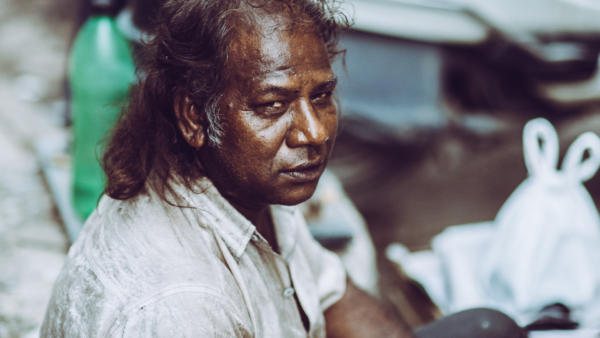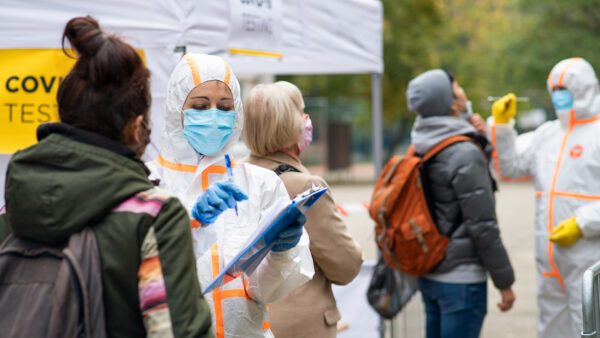ARTICLE: The pandemic’s impact on poverty has reversed years of positive progress
A forecast from the World Bank has revealed that the number of people suffering from poverty is set to increase from original estimates of between 88 to 115 million to 119 and 124 million, which could undo almost 20 years of progress in addressing one of the most challenging Sustainable Development Goals (SDGS), SDG1 No Poverty.
Unveiled at the end of last year, the report revealed that the sharp reverse in the positive progress has been contributed to the impact of the coronavirus pandemic, climate change and increasing debt which has seen the World Bank call for debt forgiveness in order to prevent an even bigger crisis.
The worrying numbers have also seen an increase in people living on less than $3.20 (£2.35) between June last year and this January, while the International Labour Organization (ILO), found that global workers lost $3.7tn in earnings during the pandemic. This is a complete reverse on the world’s progress to address SDG1 and will require extensive efforts to accelerate this progress by 2030.
This has been a major concern in developing nations where the closure of industries, schools and borders left them feeling the force of the pandemic which will carry the burden, as fewer resources and funding will see higher unemployment and limited opportunities. These issues will only grow the longer the pandemic exists and will likely affect the next generation.
Although the world is now looking towards a more prosperous future, there is still work that needs to be done, including recovering respective economies experts are warning of a growing crisis in multiple areas likely to be felt for years to come.
One of the least visible victims of the pandemic has been education. The closure of schools has disrupted learning for a billion children worldwide and although some have been able to use computers, many others have not had this privilege. As a result, there are fears that millions of children will not return to education which will create a ripple effect of greater poverty and unemployment. This is more likely to hit girls more than boys in developing nations, where opportunities are already limited.
The pandemic has greatly exposed the fragilities of certain systems and with major countries cutting their budget for foreign aid, these systems will find it even harder to rebuild. It will be the marginalised communities which will be disproportionately affected by the pandemic as their education and access to jobs will likely be lost, increasing their poverty. It will require the collaborative efforts of countries to build greater resilience to prevent the poverty crisis from deepening but as it stands, this is unlikely to change in the foreseeable future.










